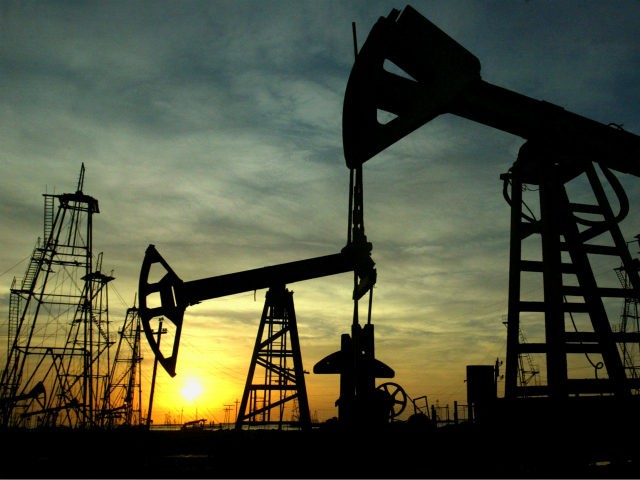Oil prices climbed on Monday, pushing closer to the $100 barrel threshold after Arab oil producers agreed that oil production should not rise.
The price of Brent, the global standard, rose by nearly 3.91 percent on Monday to $97.20, the highest price since 2014. Many traders believe is very likely to push above $100 a barrel soon.
Over the weekend, ministers from Arab oil-producing nations met in Riyadh to discuss production levels. They said they had agreed that OPEC+ should stick to its current plan to add 400,000 barrels of oil per day. The Organization of of the Petroleum Exporting Countries and allies led by Russia agreed on February 2nd to support a moderate rise in output.
The Biden administration has been pressing U.S. allies in the Arab world to increase production in hopes of holding down fuel prices and perhaps tempering inflation. The price of oil is up more than 24 percent since the start of the year.
Oil prices have seen upward pressure from rising global demand as lockdowns and other restrictive measures aimed at fighting the pandemic have lifted. More recently, tensions between the U.S. and Russia over Ukraine has boosted oil prices.
The Arab ministers say they are wary of increasing production in reaction to geopolitical events, which often only have a temporary effect on prices.
The price of oil fell significantly during the early months of the pandemic. On April 20, 2020, the price of WTI crude fell 306 percent in a single day and traded at a negative $37.63. This has left many oil producers wary that a new wave of infection could once again reduce demand and send prices plunging. As well, many oil producing nations are wary of the Green political projects in the U.S. and Europe that aim to reduce the use of oil.
Natural gas prices have been extremely volatile in recent months. On Monday, natural gas prices rose by more than eight percent.

COMMENTS
Please let us know if you're having issues with commenting.